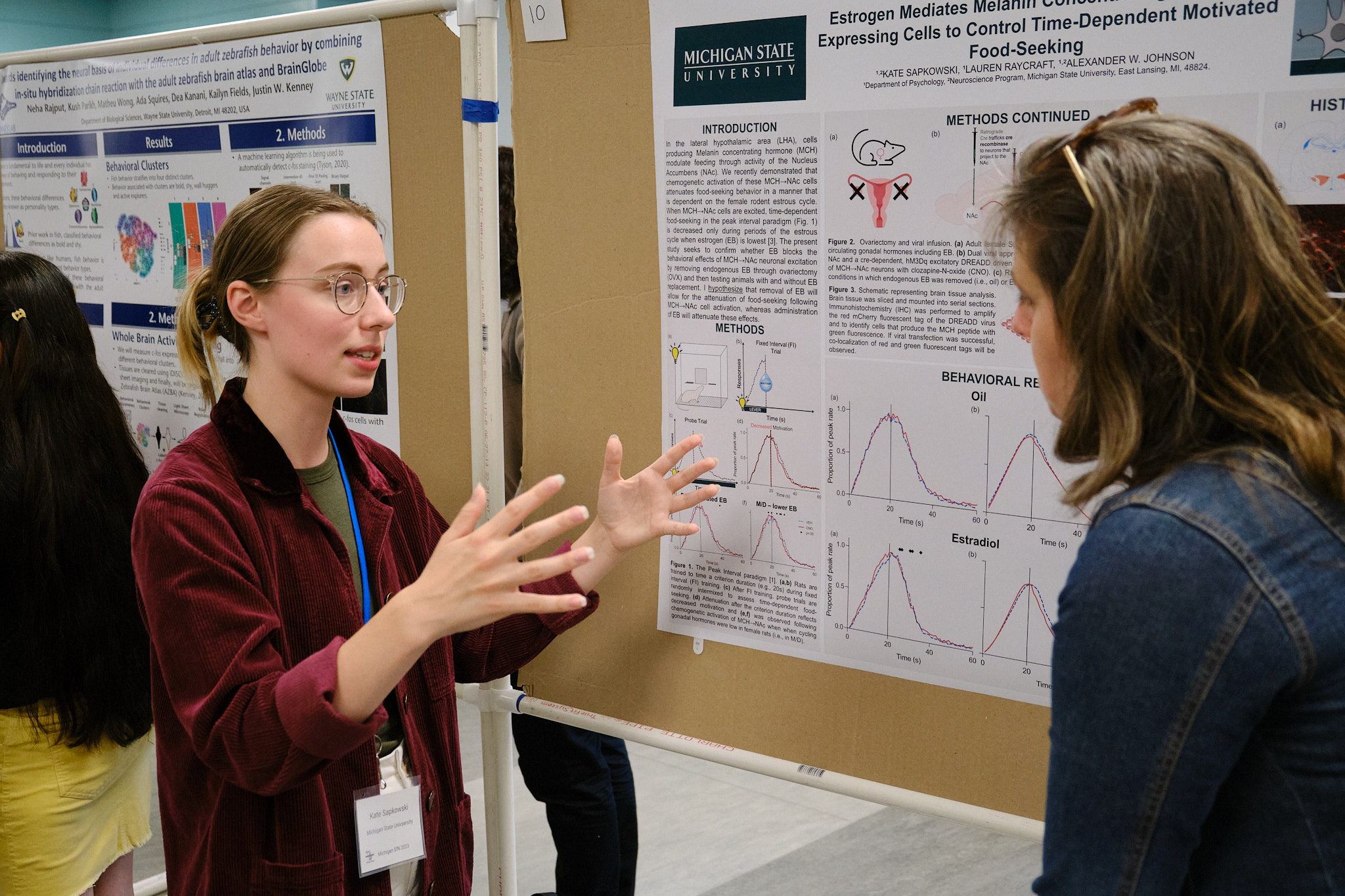In: Physiology and Behavior
PMID: 369670031
DOI: 10.1016/j.physbeh.2023.114177
Abstract: Puberty is a high-risk period for the development of dysregulated eating, including binge eating. While risk for binge eating in animals and humans increases in both males and females during puberty, the increased prevalence is significantly greater in females. Emerging data suggest that the organizational effects of gonadal hormones may contribute to the female preponderance of binge eating. In this narrative review, we discuss studies conducted in animals that have examined these organizational effects as well as the neural systems that may serve as intermediary mechanisms. Relatively few studies have been conducted, but data thus far suggest that pubertal estrogens may organize risk for binge eating, potentially by altering key circuits in brain reward pathways. These promising results highlight the need for future studies to directly test organizational effects of pubertal hormones using hormone replacement techniques and circuit-level manipulations that can identify pathways contributing to binge eating across development.


